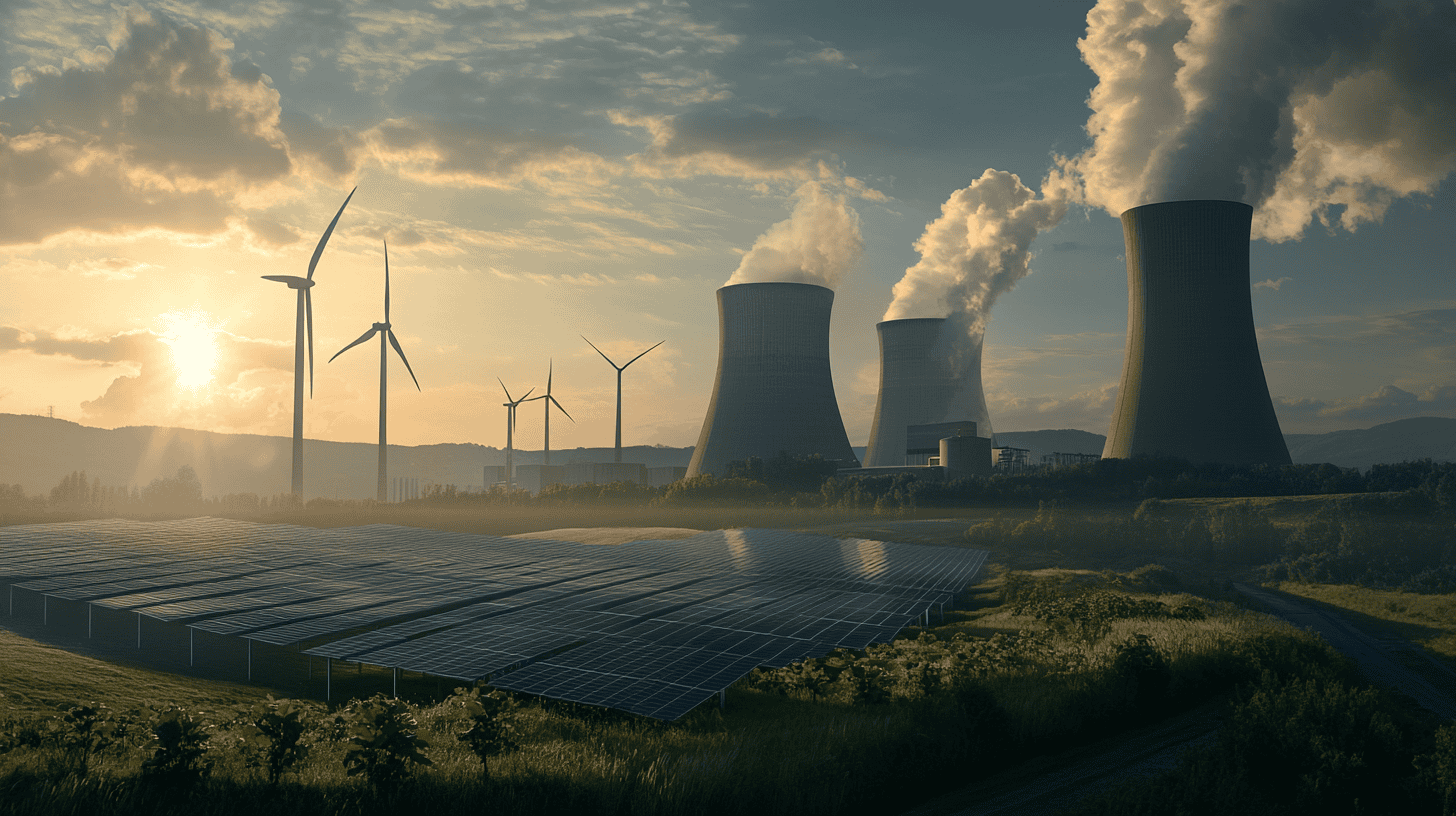
Ships are – as far as their relative emissions are concerned – still among the worst polluters in the transport industry. They use heavy oil as fuel. Measurements by the German Nature Conservation Association (Naturschutzbund Deutschland) at port terminals revealed pollution levels that exceed even air pollution on busy roads and major traffic axes by a factor of fifty to eighty. Even among cruise ships, there is exactly one worldwide that relies on liquid gas, which is less polluting. Complex systems for exhaust gas aftertreatment have been under discussion for years.
With the planned cooperation with a Swedish manufacturer, Siemens is pursuing a zero-emission strategy at sea. The aim of the cooperation with PowerCell, a manufacturer of fuel cell modules, is to develop a power supply system for ships based on fuel cells.

.
Siemens is supplying SISHIP BlueDrive, an integrated power and drive system in which PowerCell installs its fuel cell modules. Possible joint projects could be energy supply systems for ferries, yachts, cruise ships and research vessels.
Pioneers of this development are the battery storage systems increasingly used on ferries in recent years. The next step is to expand the energy supply concept to include the fuel cell. Fuel cells are characterized by high efficiency and are free of pollutant emissions in their operation. They have a low noise level, are based on the almost unlimited availability of hydrogen and behind them, only water comes out.







